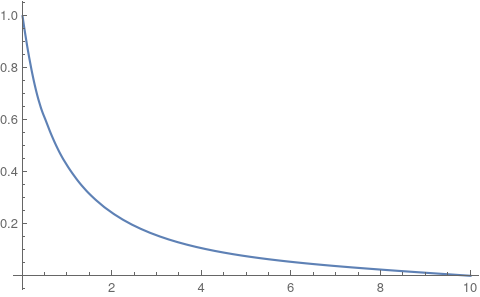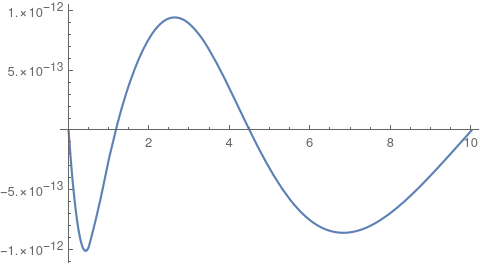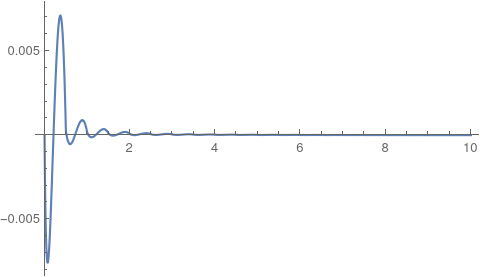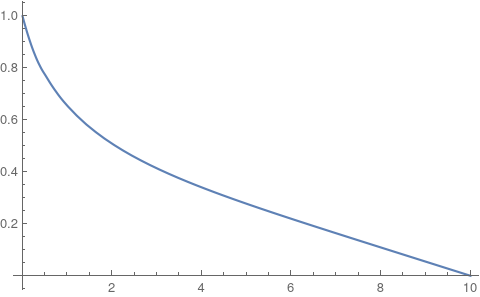Update:
Alex noted a typo in my answer. Sorry about this. You can still solve this equation with the nonlinear FEM solver, thought it's not a as straight forward as for the miss typed equation.
Using
NDSolveValue[{D[\[Chi][x], {x, 2}] == \[Chi][x]^(3/2)/Sqrt[x], \[Chi][
rin] == 1, \[Chi][10] == 0}, \[Chi], {x, 0, 10},
Method -> "FiniteElement"]
gives an error message:
This is a fairly general failure message. The reason it is so general is that for the code it's impossible to say why it failed. One cause can the that there is a transition from the real to the complex plain. An easy way to try this is to either give an complex valued initial seed or, alternatively, to add a 0. I complex component to the equation:
sol = NDSolveValue[{D[\[Chi][x], {x, 2}] == \[Chi][x]^(3/2)/
Sqrt[x], \[Chi][rin] == 1, \[Chi][10] == 0}, \[Chi], {x, 0, 10},
Method -> "FiniteElement", InitialSeeding -> \[Chi][x] == 0. I];
Plot[Re[sol[x]], {x, 0, 10}, PlotRange -> All]
Note the Re in the plot. Now, there is also a small complex component in the solution:
Plot[Im[sol[x]], {x, 0, 10}, PlotRange -> All]
But the solution compares favorably to other solutions presented here:
Plot[Evaluate[psol[d /. drule][r] - Re[sol[r]]], {r, rin, 10},
PlotRange -> All]
Old answer:
How about:
rin = 0;
sol = NDSolve[{D[\[Chi][x], {x, 2}] == (\[Chi][x]^3/2)/
Sqrt[x] , \[Chi][rin] == 1, \[Chi][10] == 0}, \[Chi], {x, rin,
10}, Method -> "FiniteElement"];
Chi[x_] := Evaluate[\[Chi][x] /. sol[[1]]];
Plot[Chi[x], {x, 0, 10}]
If you are interested in why I reformulated the equations then this section from the documentation is a good starting point.





